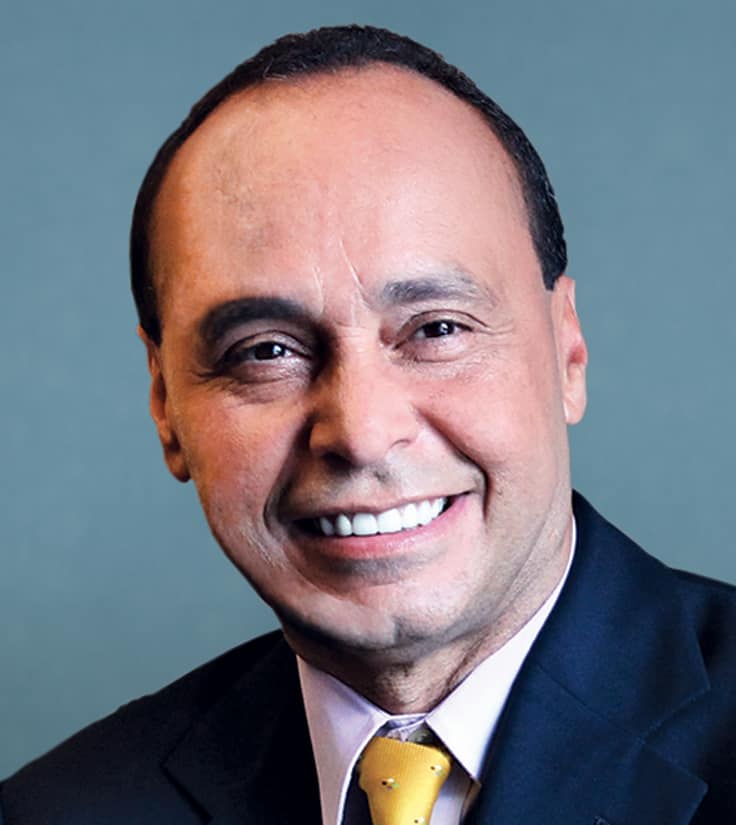Why Sanctuary Cities Encourage Illegal Immigration
James W. Lucas, American Thinker, April 13, 2017
Numerous cities have declared themselves to be “sanctuary cities,” where local police are forbidden to cooperate with federal immigration authorities in enforcing our national immigration laws. Legislation is now moving through the California legislature to implement such a policy throughout that entire state. Why this energy to protect violators of our laws? Oddly, the answer goes back to the founding. Due to a residue of the notorious three-fifth compromise, sanctuary cities encourage illegal immigration because undocumented residents (to use the politically correct term) are counted in determining representation in the House of Representatives and state legislatures. The more undocumented a city has, the more seats it gets.
When the Framers were deciding how to apportion the House of Representatives, the southern states wanted to count slaves and the northern states wanted to only count free citizen residents. They compromised by counting three-fifths of the non-free population. To implement this, the House is apportioned on the basis of the gross total population rather than the citizen population. As illegal immigration was not a great issue in 1868, the Fourteenth Amendment simply carried forward this practice. As a result, the Census Bureau explicitly includes both legal non-citizen and undocumented residents in the census.
In our era of historically high immigration, this has a major impact on legislative apportionment because these immigrants are very unevenly distributed. The Census Bureau estimates that the proportion of non-citizen population in the states varies from 14% in California to less than 1% in West Virginia. This has a direct impact on the states’ political power. California, on its way to becoming the first sanctuary state, has five or six more members of the House (and consequently Electoral College votes) counting its non-citizen population than if House seats and Electoral College votes were based on only citizen population. No wonder California politicians favor illegal immigration.
This disparity can be even more pronounced within states. In my new book Fifty States, Not Six I show how New York City has ten or more seats in the 150 member Assembly (the lower house of the New York State legislature) counting non-citizens than it would if apportionment were based on the citizen population. This is true across the Nation, where immigrants tend to concentrate in urban areas, which generally are the areas which have declared themselves sanctuary cities.
For example, according to the Census Bureau estimates 7.4% of Illinois residents overall are non-citizens. However, in Cook County (Chicago) non-citizens are 11% of the population, which is 61.5% of Illinois’ total non-citizen population. Without Cook County, Illinois’ non-citizen population would be only 4.8%. This difference corresponds to about five seats in the Illinois House of Representatives, which would go to other parts of the state if apportionment was based on the citizen population. On a national level, this also means that Cook County probably has one more seat in the federal House of Representatives than it would if only citizens were counted. That is a seat which would otherwise go to downstate Illinois or to suburban areas.
If you ask what difference one seat in Congress could make, consider Representative Luis Gutierrez’ grotesquely gerrymandered Illinois 4th district. Congressman Gutierrez’ core constituency appears to be undocumented aliens. If you ever wondered how a member of Congress could be elected when his prime constituency supposedly cannot vote, now you understand. If apportionment were based on the citizen population, it is doubtful that the 4thdistrict would survive, and Congressman Gutierrez would have to face a constituency of native-born African-American citizens for whom amnesty for undocumented aliens is not the highest priority.

Congressman Luis Gutierrez
Of course, sanctuary city politicians claim that their policies are based on compassion for the stranger. However, if they really cared about poor people, one wonders why they promote flooding our Nation with low-skilled workers who deprive the native-born poor of all races of wages and opportunities. The more logical explanation is the desire to increase the size of the low-skilled, welfare-dependent electorate. Many believe that these non-citizens are being allowed to vote right now. However, even if this is not true, it is undeniable that non-citizen residents are increasing the representation of sanctuary cities in Congress and state legislatures.
So, what do we do about this? The surest solution is to amend the Constitution to apportion on the basis of the citizen population rather than the gross population. I propose such an amendment in Fifty States, Not Six. (By allocating electoral votes proportionately, the amendment would also permanently eliminate the Democrat ‘blue wall.’)
However, our Constitution is the most difficult to amend in the world. A fallback position relates to the Census. Although the federal constitution is an impediment for the federal House of Representatives, states arguably could apportion their legislatures based on citizen rather than gross population. However, states rely on the federal census to do their apportionment, and the federal census only counts the gross population. The 2020 census is not so far away. Congress should pass a law providing that the 2020 census count the citizen population as well as the gross population. This way states wishing to apportion based on the citizen population would have the information to do so. In addition, the results of these parallel counts would illuminate the selfish motives of sanctuary cities, and build support for a constitutional solution.
Our country should be governed equally by all of its citizens. However, by encouraging illegal immigration, sanctuary cities are showing yet again their belief in the old leftist principle that some are more equal than others.















